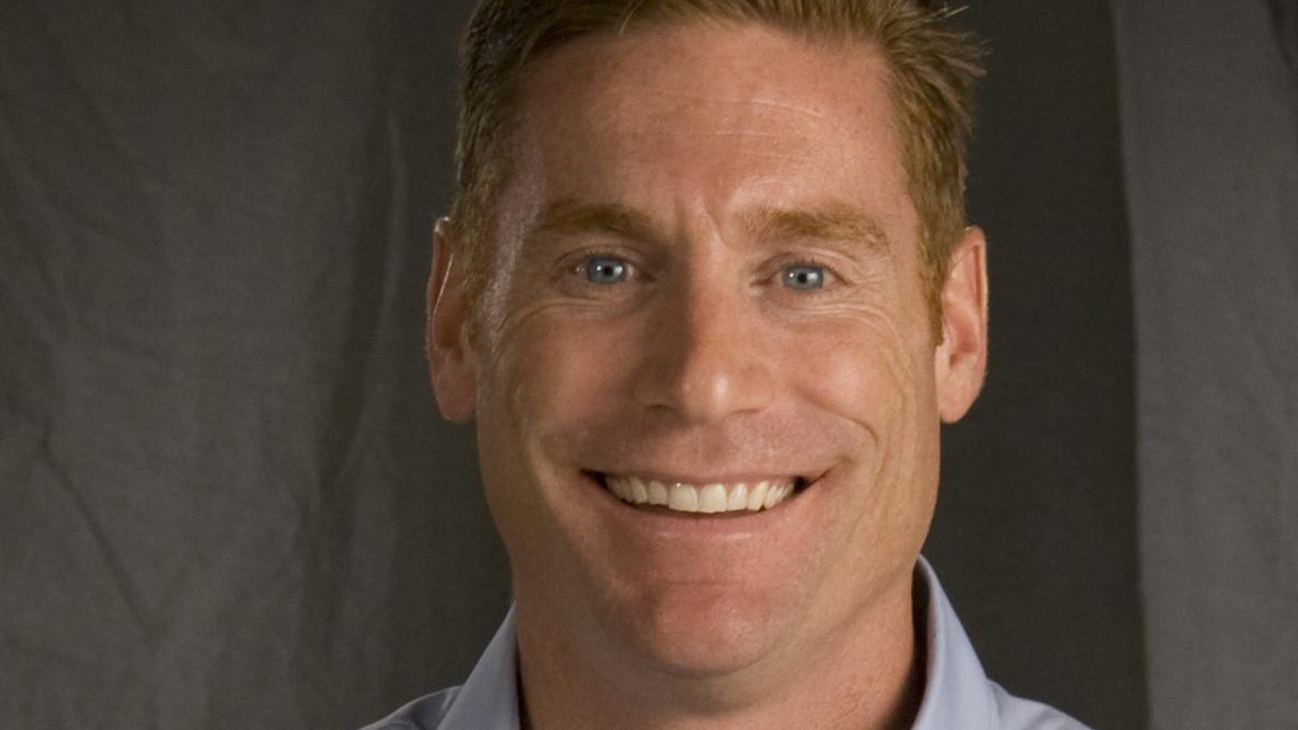While serving as the Director of Mental Training for the St. Louis Cardinals, Dr. Jason Selk helped the team win their first World Series in over 20 years, and in 2011 he assisted the Cardinals in the historic feat of winning their second World Championship in a six year period. Considered to be one of the nation’s premier performance coaches, Dr. Selk helps numerous well-known professional and Olympic athletes as well as Fortune 500 and Fortune 100 executives and organizations develop the mental toughness necessary for high-level success. In this column for Inc.com, Jason explains how to use goals to grow your business in today’s tough times:
Dan Gable, the legendary Olympic wrestling champion and arguably the most successful coach in American collegiate history, did not become such a legend by being easy on himself. Gable is famous for using his only loss in his collegiate career (which also happened to be his last match) to fuel his drive toward the 1972 Olympic Gold medal. Gable used one of the worst experiences of his wresting career to propel himself to one of the most successful careers in the history of sports. How did he do this? He demanded something of himself, and he did not accept any excuses for not following through. The same principles that propelled Gable’s success through times of adversity are critical in using goals effectively during a tough economy.
Goal-setting is absolutely necessary in order to progress, yet so many businesses and individuals use goals ineffectively. Goals can easily become no more than wishful thinking if certain fundamentals are not withheld. The following three fundamentals for setting and implementing goals are essential in order to create growth, especially in the midst of a tough economy:
1. Focus on the effort, not the result
The biggest mistake people make when setting goals is that they focus on the result, not the effort that it will take to achieve the result. Dan Gable did not spend his energy thinking about all he hoped to accomplish simply because there was too much work to be done to get there. Instead, he established a daily process to get himself where he wanted to go. Gable set out to train so hard each day that he would be too exhausted to walk out of the gym. He would have to crawl. He put his focus on his effort.
Knowing what you hope to achieve is important, but so many people make the mistake of stopping with this. KNOWING something does nothing. DOING something does. In fact, the more you focus on results, the less likely you are to actually achieve them. Why? The mind can only fully focus on one thing at a time. When you focus on results, you are placing less focus on what you should be doing at that moment to get yourself closer to the result.
Focusing on what it will take on a daily basis to achieve your goals is a much more effective method of actually achieving them. Focusing on the result is not only a time-waster, but it can be a huge source of anxiety and stress, especially in a tough economy. The more daunting the goal, the more enticing it is to focus on how difficult it will be to achieve.
2. Visit your goals EVERY SINGLE DAY
For each goal you set for yourself or your business, it is imperative to identify a daily or weekly process that is required to achieve it. Again, for Dan Gable, this was to work himself so hard each day that he could no longer walk out of the gym.
In comparison, success in business requires a much more manageable daily process. For example, a client of mine set a personal sales goal of bringing in 1 million dollars in revenue in the next year. Her daily process for achieving this result included (1) waking up at 5:30 am every morning, (2) making 10 proactive contacts by noon every day, and (3) spending 30 minutes each day prospecting new leads.
3. Choose Wisely
Unrealistic goals are counter-productive. Too many goals are set with the “aim high to get close” theory of management. On the surface, this may seem like a decent theory; however, it reinforces the idea that you do not have to complete what you say you will and contributes to forming the habit of losing. Dan Gable stressed the importance of CHOOSING WISELY with both result (product) goals and daily activity (process) goals. Choosing wisely is extremely important in setting goals because whatever process or level of effort you set out to accomplish each day, you must commit to completing NO MATTER THE OBSTACLES. Learn to win everyday by nailing the process and product goals you set for yourself.
Setting your daily process to something unmanageable gives you an automatic out not to complete it. Becoming the type of person who does not follow through is a death sentence to any level of success or growth. You MUST be accountable to yourself in order to accomplish your goals. Be totally realistic in setting both the amount of effort you will put forth and the result you hope to achieve, and never accept excuses for falling short on your effort.
Goal-setting following these three fundamentals prevents a tough economy from killing momentum and motivation by ensuring that individuals stay focused on what they can control: their effort. So much is out of our hands during a financial downturn, and maintaining effort toward growth can become an evasive concept during these times. Effective goal-setting helps to provide a daily focus and drive that is necessary in the face of adversity.

